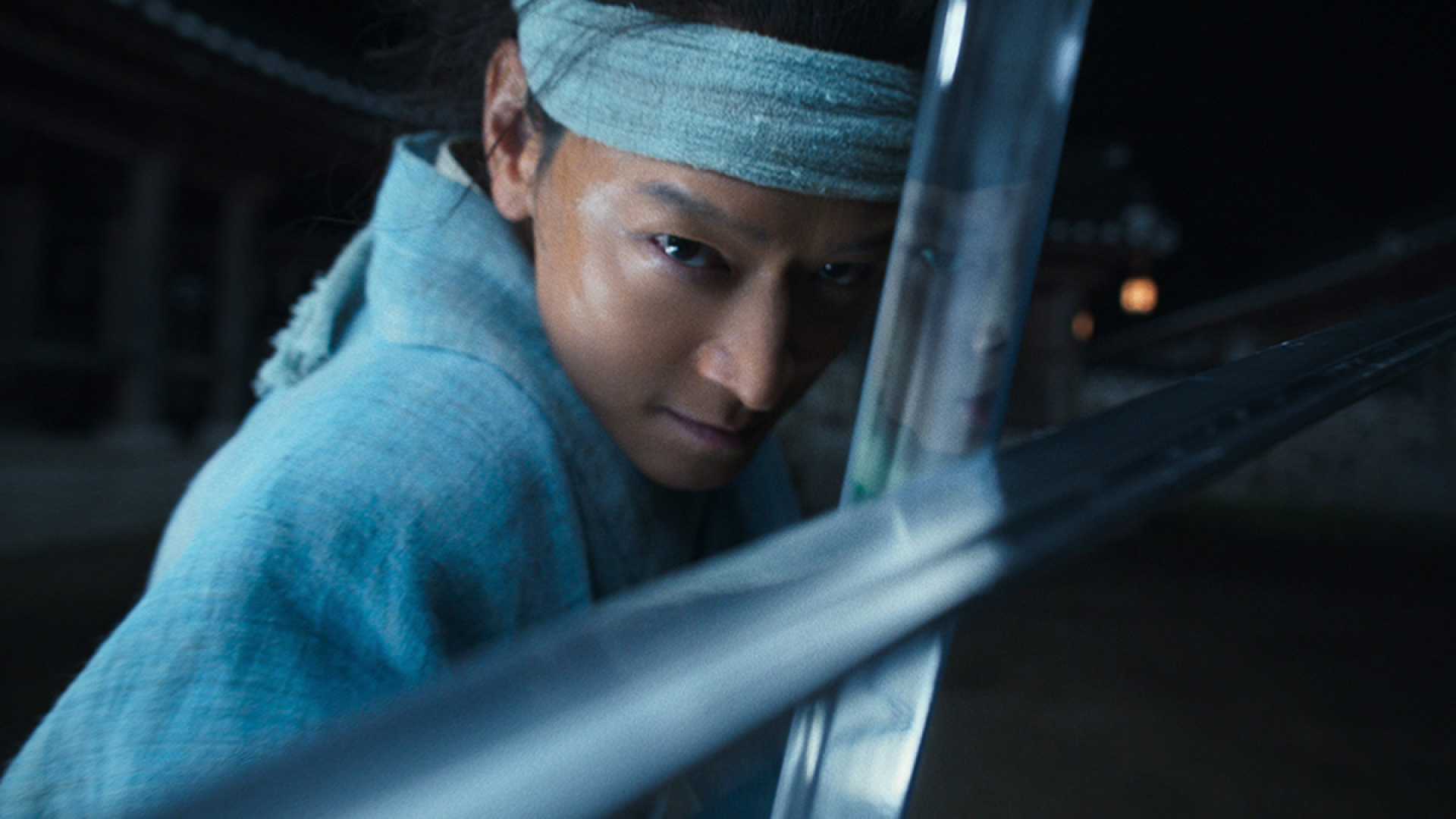Entertainment
Netflix’s “Uprising”: An Ambitious, Yet Flawed Historical Drama

Netflix’s latest Korean original film, “Uprising,” written by Park Chan-wook and Shin Chul, and directed by Kim Sang-man, unfolds during a turbulent period marked by class divides, social rebellion, and war in the Joseon era. While it aims to tackle the heavy narratives of social fallacies and rebellion, critics argue the film falters due to pacing and directional issues.
Set against a backdrop of dissatisfaction with the monarchy, “Uprising” chronicles a slave rebellion during a foreign invasion. The narrative opens with the fiery destruction of a regal estate, where a slave branded for execution seeks his master amidst chaos, only to find his wife and son. The film highlights the societal extremities of the time, showcasing a woman who would choose death over rescue by a slave.
The story centers on Cheon-yeong, portrayed by Gang Dong-won, a commoner-turned-slave who is forced to pose as Yi Jeong-ryeo, played by Park Jeong-min, the son of a noble family. Despite the social chasm, a friendship blossoms between them. When Jeong-ryeo struggles with his military examinations, Cheon-yeong offers to take his place if he is promised freedom from slavery. However, Jeong-ryeo’s father reneges on this promise, sentencing Cheon-yeong to death. A mutiny occurs before the execution can proceed, spurred by the invading Japanese forces.
The mutiny leads to the death of Jeong-ryeo’s parents and the supposed betrayal by Cheon-yeong leaves a lasting impact. The story jumps seven years forward, as Cheon-yeong returns as a war hero, and the simmering tensions of revenge and betrayal reach their pinnacle.
Although “Uprising” attempts to delve into the complexity of social structures in Joseon, the film’s scope seems overextended. “The switch between a bird’s eye view of the nation and the personal trails of Cheon-yeong and Jeong-ryeo’s journey quickly becomes exhausting,” according to reviewers. Critics indicate a disconnect between the national turmoil narrative and the individual characters, reducing the emotional impact of their personal conflict, which often plays out through flashbacks.
Despite these narrative challenges, the film remains a testament to Park Chan-wook’s distinct storytelling style, as he teeters between highlighting ironies and presenting stark juxtapositions. With visual contrasts like a sword’s destiny interplayed against a famine-induced desperation, “Uprising” captures the dire settings vividly. However, amidst the narrative’s numerous peaks, a more concise exploration of its thematic depth might have served the film better.












